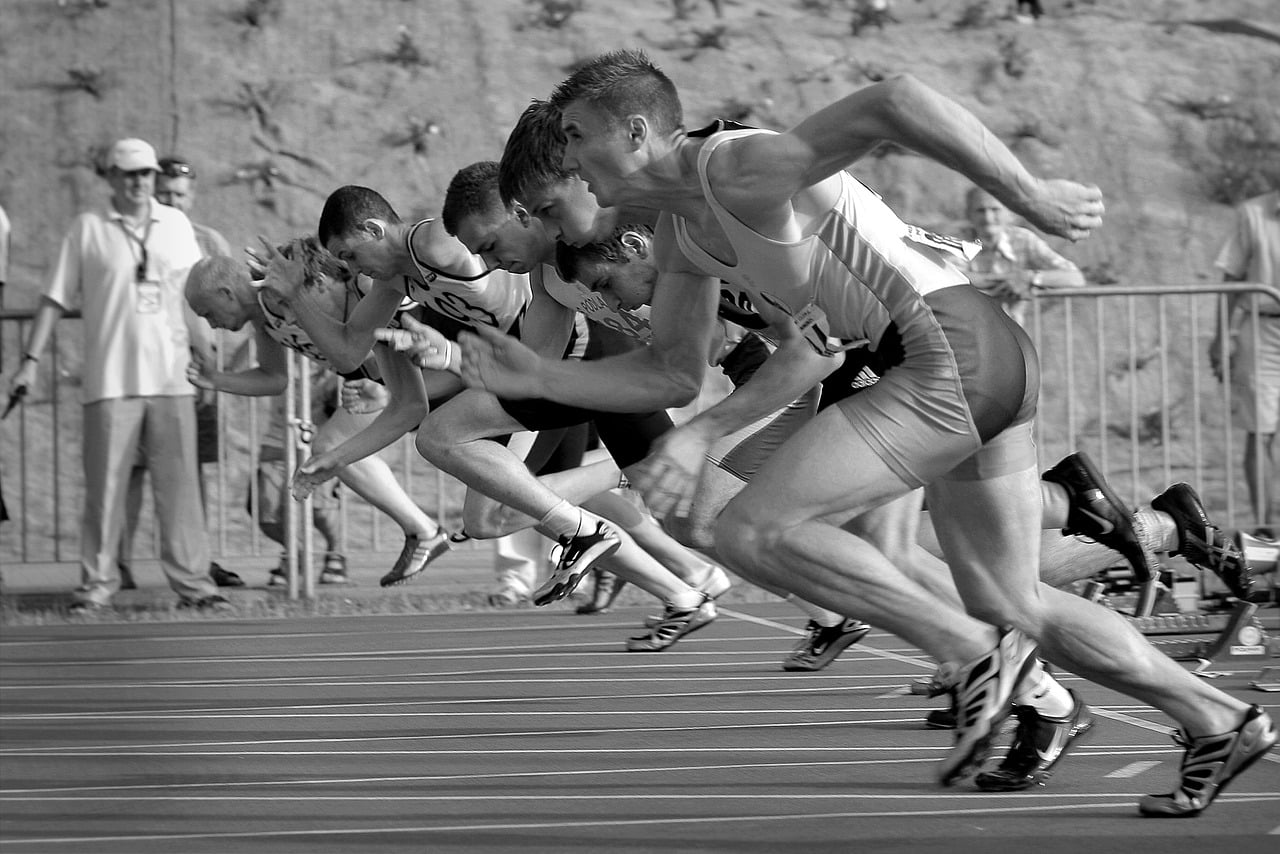How to Build a Comprehensive Support System for Athletes Returning from Major Injuries?

As an inevitable part of competitive sports, injuries remain a significant concern for athletes. Recovering and returning from a major injury can be a daunting process for an athlete, entailing not just physical rehabilitation but also psychological and mental wellbeing. This article outlines the vital components of a comprehensive support system, aimed at allowing athletes to return to their peak form post-injury.
The Importance of Medical Care and Rehabilitation
The first line of action following an injury is seeking immediate medical attention. Understanding the extent and nature of the injury lays the foundation for a successful recovery plan.
Cela peut vous intéresser : What techniques are effective in cultivating youth leadership skills through team sports?
As athletes, you might sustain various types of injuries. These injuries could range from concussions and strains to fractures and ligament tears. Such injuries, especially major ones, need comprehensive care from healthcare professionals specializing in sports medicine.
A well-planned and executed medical treatment plan can make a significant difference in your recovery. The primary aim is to restore function to the injured area and prevent further damage. This process might involve surgery, medication, and other medical interventions.
Avez-vous vu cela : How do professional sports teams implement sustainable practices in their training facilities?
Following medical treatment, physical rehabilitation is critical. A rehabilitation program designed by physiotherapists and tailored to your specific needs focuses on regaining strength, flexibility, and endurance. A progressive rehabilitation plan ensures you return to sports safely without rushing the process and risking re-injury.
The Role of Training in Injury Recovery
Rehabilitation is not only about healing from an existing injury, but it’s also about preventing future ones. Once medical treatment and initial rehabilitation phases have passed, a well-structured training regimen is vital in your journey back to sports.
Although a conventional fitness center might be suitable for the general public, you as an athlete, require facilities and programs specifically designed for your needs and sports demands. The training should be supervised by professionals who understand the dynamics of your sport and the demands it places on your body.
Your customized training program should incorporate conditioning exercises to build strength and flexibility, and sport-specific drills to prepare you for a return to competitive sports. The training duration, intensity, and techniques should gradually increase to match your improving physical condition without overstraining yourself.
Using the correct equipment and adhering to proper techniques during training can significantly reduce the risk of re-injury. Hence, the supervision of a trained professional is essential.
Mental Health and Psychological Support
While physical recovery is often the primary focus during the rehabilitation process, the importance of mental health and psychological support cannot be overstated. Recovering from a major injury can be mentally draining, leading to anxiety, depression, and a lack of self-confidence.
Providing psychological support to athletes is a crucial component of the overall recovery process. This support can come from professional psychologists and therapists who specialize in sports psychology. They can help you cope with the mental stress of the injury and the fear of re-injury upon return.
Group therapy sessions with fellow athletes who have experienced similar injuries can also be beneficial. It provides a platform for you to share experiences and learn coping strategies.
Fostering a positive mindset and strong mental resilience is pivotal in your entire recovery process. The role of psychological support is to help you overcome the mental hurdles that might hinder your return to sports.
Holistic Health Promotion and Care
While medical care, physical rehabilitation, training, and psychological support are essential, promoting overall health is crucial in ensuring a successful return to sports.
Holistic health care involves looking at your overall wellbeing, including nutrition, sleep, and stress management. Consuming a well-balanced diet helps your body heal and provides the necessary energy for rehabilitation and training.
Adequate sleep is also essential. It aids in muscle recovery and cognitive functions. Stress can hinder recovery and performance. Therefore, learning effective stress management techniques can be beneficial.
An integrated approach involving all these elements provides a comprehensive support system, ensuring not just a successful return from injury but also ongoing health and peak performance.
The Value of Scholar Athlete Support
For those of you who are scholar athletes, balancing academic commitments and sports can be challenging, more so during injury recovery. Having a support system that also addresses your academic needs is vital.
Many institutions today provide comprehensive support services for scholar athletes. These services might include academic mentoring, tutoring services, and flexible scheduling to accommodate rehabilitation and training.
Such support can relieve some of the pressure you might feel and allow you to focus on your recovery without compromising your academics. Encouraging a balance between sports and academics can go a long way in ensuring overall success.
In conclusion, recovering and returning from a major sports injury is a multifaceted process. As athletes, you need a comprehensive support system that not only focuses on physical rehabilitation but also addresses mental health and overall wellbeing. This holistic approach ensures a successful return to sports and helps you maintain peak performance.
The Power of a Supportive Environment
A supportive environment can be a game-changer in your recovery process. This includes your coaches, teammates, family, and friends. Each person in your support network plays a unique and vital role in your recovery process.
Support from your coach is paramount. They can help modify your training routine, adjust your goals, and manage your expectations during the recovery period. It’s essential that you have candid discussions with your coach about your injury, progress, and concerns about returning to sports.
Your teammates can offer empathy, as they may have been through similar experiences. They can provide companionship and motivation, making the journey back to sports less lonely.
Family and friends play a critical role in providing emotional support, encouragement and understanding. They can also assist with practical matters like transportation to medical appointments and help around the home during the initial recovery phase.
Don’t forget, open and frequent communication is key to maintaining a healthy relationship with your support network and ensuring everybody is on the same page regarding your recovery.
Incorporating Injury Prevention Strategies
While appropriate medical care, rehabilitation, training, and psychological support are crucial in your recovery process, incorporating injury prevention strategies can be incredibly beneficial.
Injury prevention strategies may include learning proper techniques and body mechanics, incorporating balance and stability training, and utilizing protective equipment. This is not only beneficial during the recovery phase but also in preventing future injuries.
Proactive measures, such as regular check-ups with your healthcare providers, can help detect any potential issues early and address them before they escalate into more serious problems.
Regular rest and recovery periods should also be included in your training program. Overtraining can lead to fatigue and increase your risk of injury. Therefore, understanding and respecting your body’s need for rest is an integral part of injury prevention.
In conclusion, returning from a significant injury requires a comprehensive and well-rounded support system. It goes beyond medical treatment and rehabilitation, encompassing mental health support, a conducive environment, and preventative strategies. As an athlete, you need a support network that recognizes these needs and is equipped to help you navigate and ultimately overcome the challenges of recovery. Through this integrated approach, you can safely return to your peak performance while reducing the risk of future injuries. The road to recovery might be long and challenging, but with the right support system, you will come out stronger on the other side.
